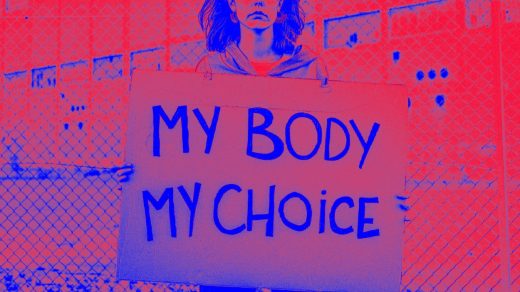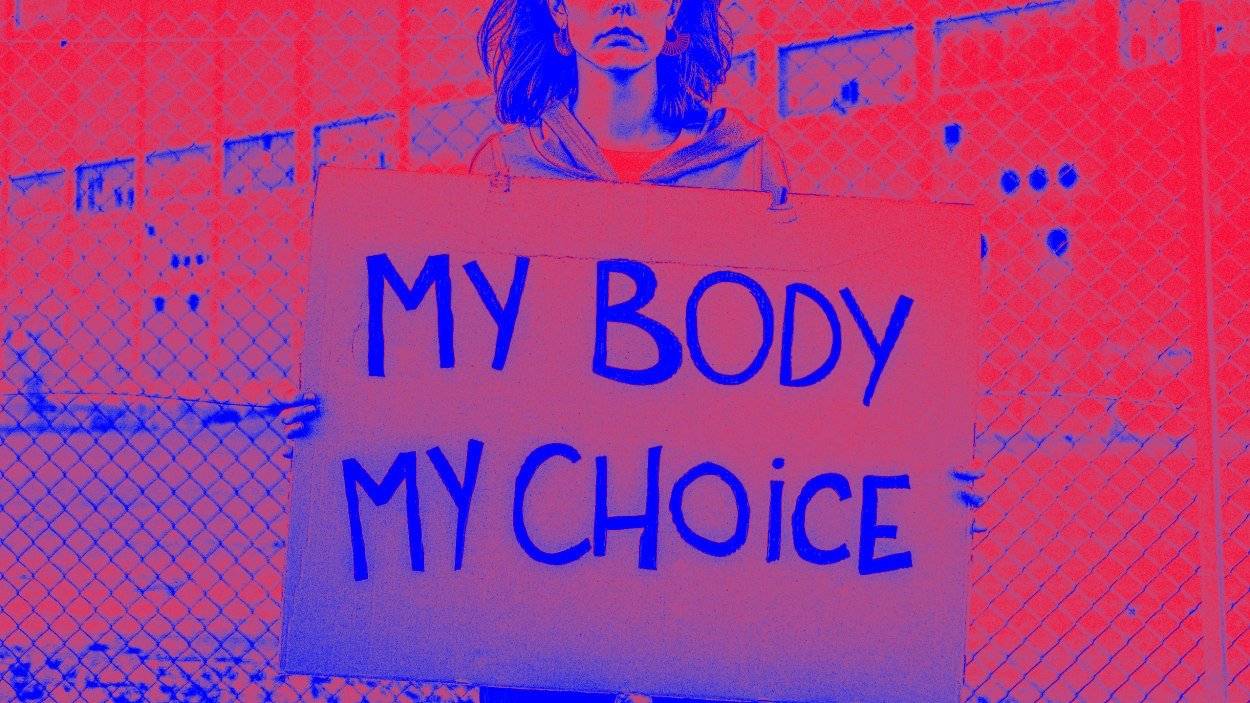Abortion rights won big on Election Day, even in Kentucky
The November midterms put a record number of abortion related-proposals into voters’ hands. On the ballot for the first time were opportunities in multiple states to amend their constitutions to enshrine abortion rights, following the Supreme Court’s decision to strike down Roe v. Wade this summer, ending half a century of federal protections. The ruling put so-called trigger bans into effect in over a dozen states that blocked most abortion access immediately. Writing in the court’s majority opinion, Justice Samuel Alito also stressed, “Abortion presents a profound moral question. The Constitution does not prohibit the citizens of each State from regulating or prohibiting abortion.”
But on Tuesday, citizens in five states got a chance to voice their opinion—and so far, four of those states are poised to protect abortion access. California, Michigan, and Vermont asked voters whether to amend their state constitution to protect the right to abortion. Kentucky’s ballot contained a proposed amendment to codify the opposite, stating that there’s no right to abortion access. Montana’s measure, meanwhile, would have made it a crime for medical providers to not attempt life-saving care in the very rare event that an abortion ends in a live birth. Here’s a roundup of where things stand so far:
California and Vermont
Based on the current results, California and Vermont have both enshrined abortion rights in their state constitutions—not a major shock, considering the blue states already had strong protections on the books. With 95% of the vote in, it appears Vermonters have voted 77.4% to 22.6% to create a personal right to reproductive autonomy. Meanwhile, California’s reproductive-freedom constitutional amendment looks to have passed, with the yes votes 30 points ahead of the noes so far, with 42% of the vote counted.
Michigan
Less expected were the results in purple Michigan, where voters have also voted to create a constitutional right to reproductive freedom that extends to decisions “about all measures relating to pregnancy.” The tally Wednesday morning was 56.2% to 43.8%, with 87% of votes in. Most critically, passage of the measure will invalidate any Michigan state laws that conflict with it, which means an almost 100-year-old 1931 abortion law that Republicans were itching to enforce statewide, until a state judge blocked it in September, would be nullified.
Kentucky
Kentucky was among the states with near-total trigger bans, and a legal challenge to it was scheduled to go before Kentucky’s Supreme Court next week. But voters rejected the state’s proposed amendment that would have declared there’s no right to an abortion, or to funding for one. Passing this anti-abortion measure would have also left the door open for lawmakers to restrict the procedure further.
“Kentuckians have spoken, and politicians in Frankfort will have to listen,” Protect Kentucky Access, the group that campaigned to defeat the amendment, said Wednesday, adding: “Not only does it represent a win against government overreach and government interference in the people of Kentucky’s personal medical decisions, it represents the first time so many different organizations have come together with such an intense single-minded purpose to defeat a threat of this magnitude.”
Montana
The final state—Montana—hasn’t counted enough votes yet, but odds are leaning toward rejecting the ballot measure, known as Montana LR-131, or the Medical Care Requirements for Born-Alive Infants Measure. It was an outlier compared to other state measures because it asked voters to enact a law that was passed back in 2021, prior to the Supreme Court’s Dobbs ruling in June. It would have made an infant born at any gestational stage into a “legal person” in the state. Healthcare providers who didn’t make every possible effort to save the infant’s life could have faced up to $50,000 in fines and 20 years in prison. Several physician groups said they were worried the law would restrict the palliative care that they give newborns who won’t survive, and also inflict unnecessary pain on parents who often prefer to hold their baby in its final moments.
According to current numbers, 52.4% of Montanans have said no to this measure so far. If that holds, it will be a clean sweep for abortion access on the 2022 ballot.
(25)



